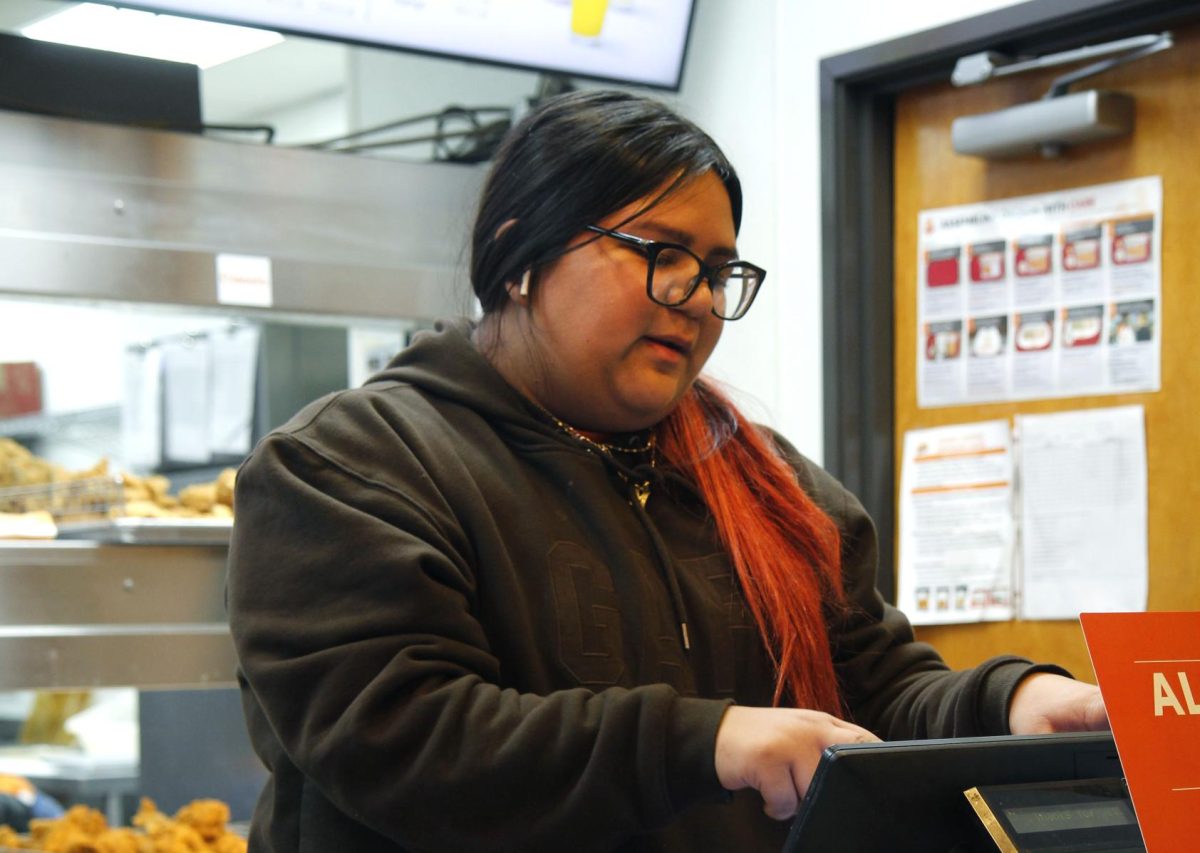Tipping in the United States increasingly becomes a nationwide debate with over 75% of transactions in food and beverage now asking for a tip. Seven in ten U.S. adults now say that tipping is expected in more places than it was five years ago, leading some to call it “tipflation.”
From to-go coffee to ordering food at a taco shop, the infamous screen turn now shows up at more places, prompting consumers to tip the person taking their order. Places that no one would have ever thought to ask for a tip have begun asking for a percentage or dollar amount tip, and even some self-checkout desks now ask for it.
The Coronavirus pandemic had one of the largest impacts on how Americans tip as people were tipping more generously to support service workers who might have been struggling financially. Afterward, nearly every fast-service restaurant, store, and service place employee now presents a screen at checkout, asking for a tip. Because of newer and cooler technology such as tablets presented to customers, 22% of respondents to a survey said that they feel pressure to tip, a tactic companies use to their advantage.
Many companies display three or four tip percentage options in large font to display to customers what the “average” person is tipping. These can usually be 18-25%, with “no tip” in the smallest font at the bottom of the screen.
“[Customers] use those options as an indication of what the normative range is and feel compelled to tip within that range. So the more you ask, the more you get,” Michael Lynn said, a consumer behavior and marketing professor at Cornell University.
Just over three years ago in February 2020, Square, a company that sells point-of-sale (POS) systems, reported that the share of remote transactions when tipping was offered was 43.4%. By February 2023, that number had increased to 74.5%.
The issue service workers have with increased tipping is companies now believe that tips can replace people’s wages. Their salaries now rely so heavily on tips, that they might not be able to make a living wage if consumers decide not to tip.
“Tips are essentially the foundation of my paycheck, I usually can make around $150 a night just in tips.” Senior Ashlyn Mills a hostess and waitress at Babe’s Chicken Dinner House said. “Some nights are far worse or better than others, but at the end of the week, it can average out.”
Since the rise of “tipping culture,” consumers have vocally expressed their frustration with the increased expectation of tipping and how it impacts their experience at fast-service restaurants. A June 2023 survey by Bankrate found that roughly 66% of Americans now have a negative view of tipping because of tipflation. Around 30% of respondents said they believe tipping is “out of control.”
“I think that recently, society has made tipping culture a big thing, and people feel obligated to leave a few extra dollars just because someone did their job,” senior Sophia Cruz said. “I don’t agree that when I go through a drive-thru and simply tell someone what I want, I should have to pay extra just because they took my order and put it together.”
Despite countless backlash, there are a lot of consumers who believe tipping is beneficial to service workers who might not make a living wage.
“A lot of places pay their employees minimum wage and I think that tipping helps sustain their living situations,” Ava Britton, 12, said. “I used to work in a restaurant and the tips were a big part of my earnings and so now when I go to other food places I feel obligated to tip.”
Tipping has become so ingrained in American culture that customers feel obligated to tip, even if little to no service takes place. This creates an expectation for gratuity, regardless of the quality of service presented.
Unfortunately for disagreeing consumers, tipflation is only expected to increase as more restaurants, fast-food restaurants and service providers ask for tips each day. Unless something drastic changes, Americans can expect to be asked for tips everywhere they go in the near future.
“I have to believe tips are going to go up from where they are today. But I also think there’s got to be a logical ceiling somewhere. I just don’t know where it is.”












Ambar Sanchez • Jan 8, 2024 at 12:20 pm
Those are some very good quotes.
Betrice Hmailton • Jan 8, 2024 at 12:19 pm
I liked your story.
:3 • Jan 8, 2024 at 12:19 pm
Capitalism has conditioned us into thinking that the working class is in charge of sustaining others, when in reality workers should be getting paid livable wages.
Blakey • Jan 8, 2024 at 12:17 pm
Great story! I totally agree.
jynx • Jan 8, 2024 at 12:16 pm
agree
bryan • Jan 8, 2024 at 8:40 am
i agree with thy ideas, tipping stresses me out, workers should just be paid a liveabe wage
galilea c • Jan 8, 2024 at 8:35 am
Good job, I like the quotes.